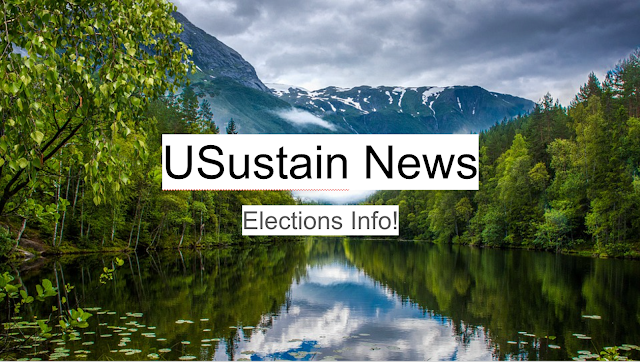Some great news: There are an estimated 9200 more tree species! This is really exciting as it shows species diversity is greater than we knew. %40 of these unidentified trees are in South America. This is encouraging that there are far more species yet to discover, but this makes them even more difficult to protect.
One newly discovered species was named Uvariopsis dicaprio after Leonard DiCaprio a film a star and climate activist. Using social media petitions, DiCaprio successfully stoped deforestation in Cameroon by the government. The photo on the right is a tree in the same genus as Uvariopsis dicaprio.
https://www.sciencedaily.com/releases/2022/01/220131153239.htm
Thanks to Bethany and Hailey for the first two slides. Thanks for reading!






